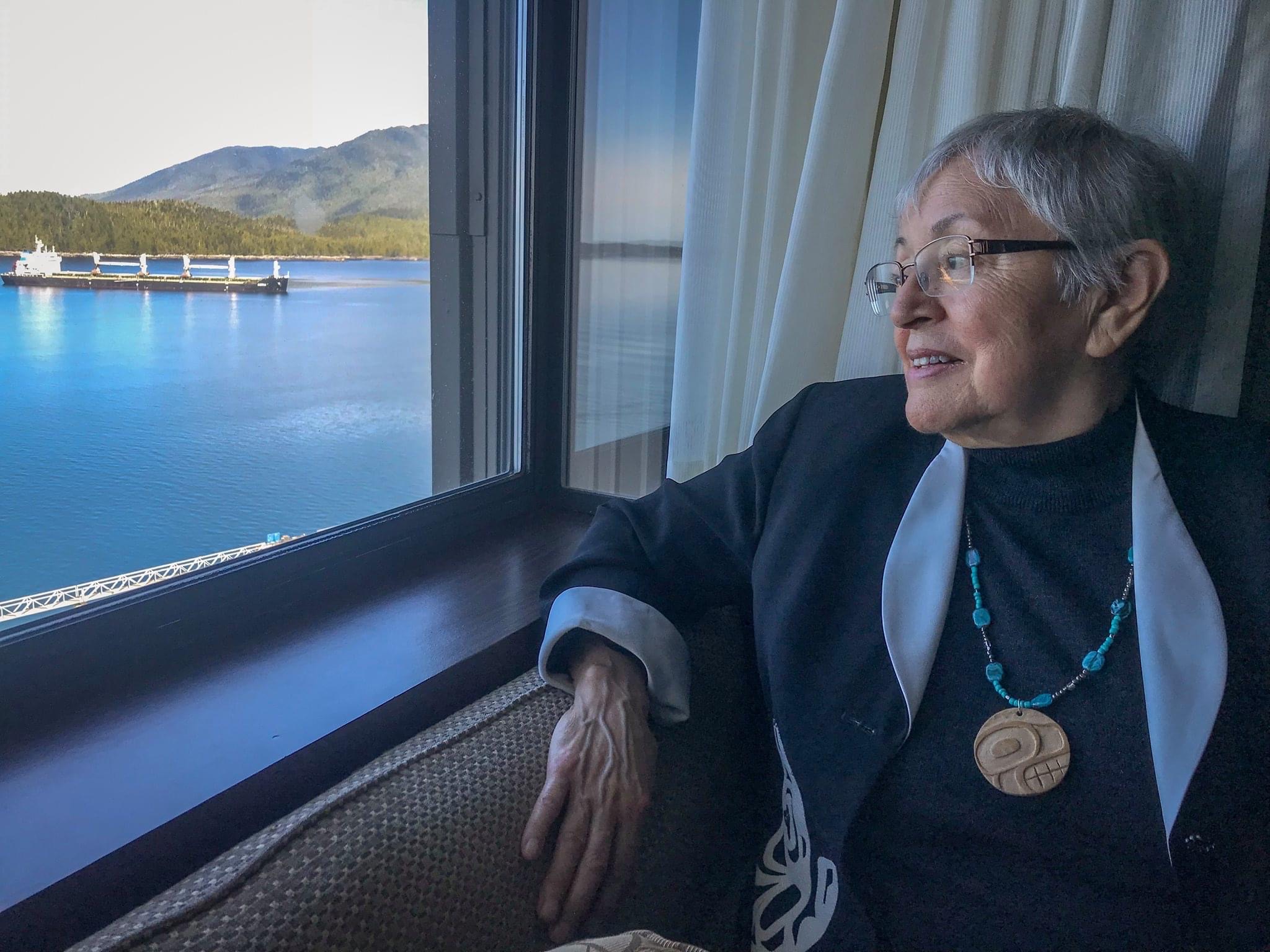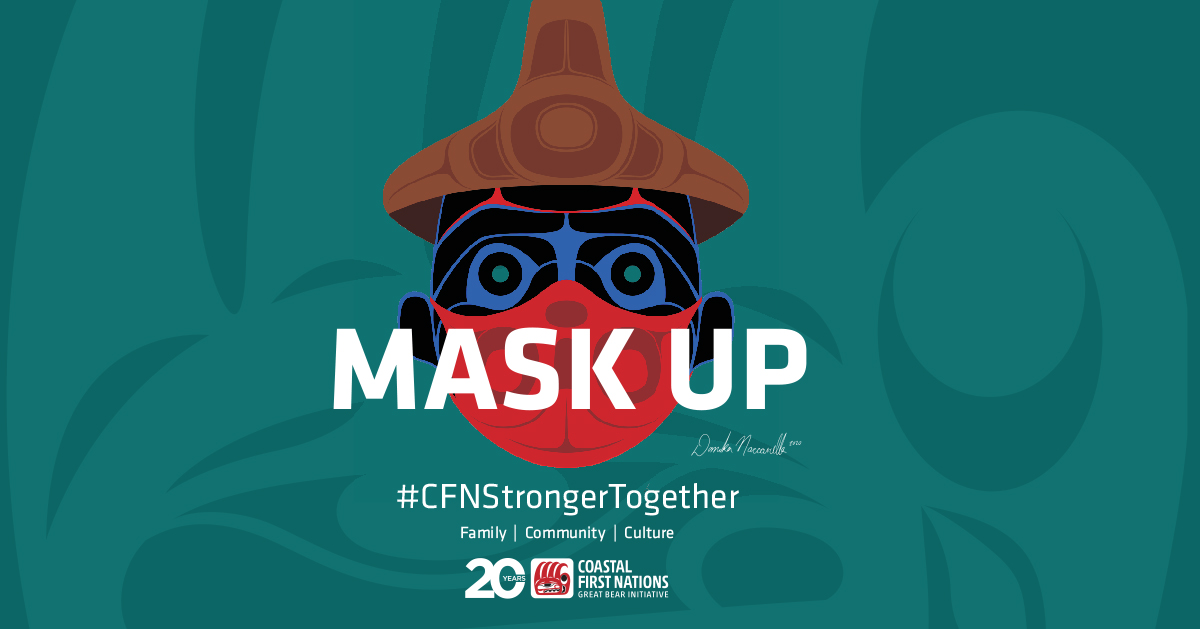In Bella Bella, Heiltsuk members are dealing with the added weight of grieving for lost loved ones under new COVID-19 restrictions.
In spite of the lockdowns, says Pauline Waterfall, Hailhzaqv elder and knowledge keeper, the community is adapting their traditional practices, so families don’t feel isolated and alone.
“Rites of passage have always been very important for us traditionally,” Waterfall says. “Whether they be marriages, births, deaths, birthdays or graduations. These have been hallmarks of celebration to keep our culture intact over time.”
New COVID-19 emergency protocols for coastal First Nations communities are changing the way mortuary ceremonies and cultural practices can be conducted. These include restrictions on the number of people permitted to attend funerals, the cancellation of large gatherings such as feasts and group processions, and social distancing measures to keep people safe.
In a small island community with no mortuary services, Waterfall says, there is an added burden on families. “We have to do everything on our own. That makes it more difficult to be in an isolated situation during this time.”
The recent passing of Hemas Hereditary Chief Tae’ltemx Mark Johnson White was a deep loss that would have been recognized customarily by a large community turnout. Now only close family members can attend a burial.
Waterfall says his family adapted by organizing a ‘memorial drive by’. They invited the community to uplift their loved one by wearing regalia in front of their homes when the procession passed.
“We’re doing what we have to do,” she says. “Over time, our people have been able to adapt. And we continue to do that.”
Waterfall says abbreviated funeral services are broadcast on Heiltsuk Radio during processions. “Our local minister is also Heiltsuk and provides a message for people to listen to in their cars.”
“One of the things that was never impacted by assimilation was our sense of traditional values – of sharing, supporting and caring,” Waterfall says. “It’s probably what kept us alive and intact.”
The practice of bringing food and visiting a bereaved family has also been curtailed due to social distancing requirements. “We have a mourning ceremony where we gather at a certain time in the home of the deceased and do our crying songs,” Waterfall explains. “We talk about the deceased and give assurance that the spirit continues to live.”
She says the community is trying to figure out how to continue the practice of cultural singing outside the home. “The mourning songs are very comforting. We have refreshments and a visit. We have a good cry and then tell funny stories. It’s a comprehensive healing process.”
Waterfall is confident her community will continue to find creative ways to practise mortuary customs, protocols and procedures.
“One of the things we have to be conscious of is that we don’t numb out. We’ve worked hard to maintain our spiritual and emotional connections to family,” she points out. “We had to shut down emotionally for so long because of how we were treated by institutions when we expressed emotions.”
The community is also turning to technology to stay connected – a virtual contact, she says, that is continuing to keep connections alive. On the Nation’s Facebook page, members sent heartfelt messages of condolences, including one from a family member who wrote, “Hemas Uncle Mark White, wishing I could be there for our community.”
“The key to survival is to continually adapt to meet the challenges of the circumstances we find ourselves in,” Waterfall concludes. “It’s a lesson Heiltsuk have learned from our ancestors over the past 14,000 years.”
-30-


